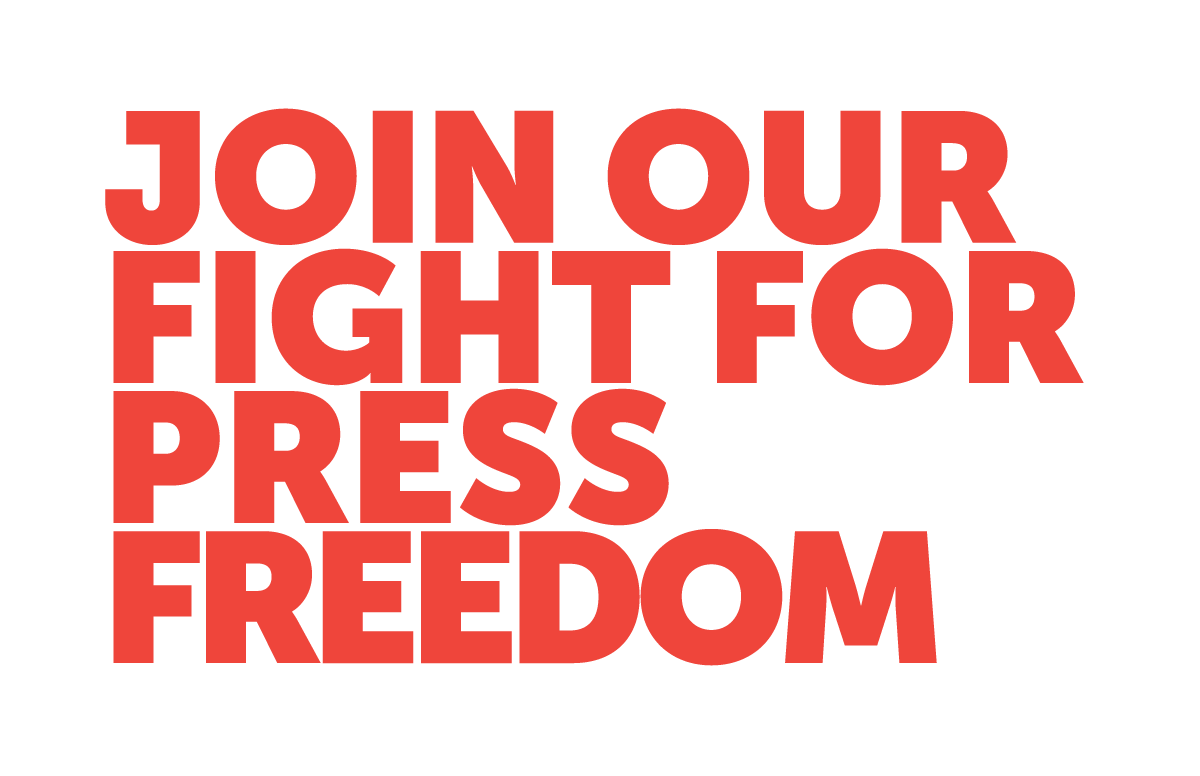If you look closely at almost any major environmental controversy in B.C. in the past decade, you’ll find one common denominator: industry-paid “professionals” were trusted with our province’s environmental protection.
This, folks, is what is often called leaving the fox to watch the hen house. But, if you’re the B.C. government, you come up with one of the greatest euphemisms of our age for it: “professional reliance.”
This system, implemented under the BC Liberals in the early 2000s, means “professionals” hired and paid for by mining, logging, natural gas and other industries, have been trusted with B.C.’s environmental protection.
Most people would call that a conflict of interest. But in B.C. this is called business as usual.
Until now … maybe.
The B.C. government is currently conducting a review of this system and is giving citizens an opportunity to weigh in until Friday Jan. 19.
Before getting super geeky about the review, let’s look at a few quagmires caused by outsourcing environmental protection to people paid by industry.
‘This is what is often called leaving the fox to watch the hen house. But, if you’re the B.C. government, you come up with one of the greatest euphemisms of our age for it: ‘professional reliance.’ ” https://t.co/4XyajCyqTk pic.twitter.com/pskySaOpEW
— DeSmog Canada (@DeSmogCanada) January 19, 2018
Shawnigan Lake waste dump fiasco
Take the case of Shawnigan Lake. The permit for a contaminated waste dump in that community was revoked after a a judicial review found extensive misrepresentation during the approval process.
It turned out that Active Earth Engineering, the firm hired by the proponents, Cobble Hill Holdings, had also signed a secret agreement giving them a share of profits from the facility.
The judge found that the permit was approved after relying on a technical report that “was prepared by engineers who were not independent and who stood to profit from the continued operation of the facility.”
“An important element in assessing any technical or scientific opinion is knowing whether the professional producing the opinion has any reason to be biased. The existence of a financial benefit to the Qualified Professional from a particular outcome is a clear example of a reasonable apprehension of bias in the person preparing the opinion,” wrote Justice Robert Sewell.
Mount Polley mine disaster
Moving right along to another fiasco. In her report on the causes of the Mount Polley mine disaster, the auditor general flagged “professional reliance” as a key issue.
The ministries’ “compliance and enforcement activities of the mining sector are inadequate to protect the province from significant environmental risks,” the report read.
The Ministry of Energy and Mines “allowed inconsistencies within the intended dam design to persist” and relied too heavily on “qualified professionals.”
Put simply: the ministry didn’t even carry out its own inspection to ensure the tailings dam was built in accordance with the approved design. Hint: it wasn’t.
Instead, British Columbians’ safety was outsourced to someone hired by the mining company itself. And, well, we’ve all seen how that one turned out.
As Wildsight explains:
Suppose you’re opening a mine. Before professional reliance, you’d be subject to rules and regulations, enforced by professionals in government and designed to keep our environment safe from the potentially disastrous impacts of your mine. But now, you’d hire a bevy of consultants who’d prepare reports on how you’d keep the environment safe, aiming for the vague objectives outlined in our laws.
These consultants, though they are regulated through professional bodies, work for you. If you suggest measures that are a little cheaper, but might have a higher environmental risk, your consultants have to make a decision about how much risk is acceptable. These decisions are tricky. These are often grey areas.
But there’s always a bias because you’re paying these professionals. They know that if you aren’t happy with their decision, you can always hire someone else. Word gets around about which firms make life easier for a mining company. There’s a bit of a race to the bottom. And the finish line in that race? Maybe things are a little bit worse — or maybe you end up with the Mount Polley disaster.
What’s the alternative?
A 2015 review of professional reliance by the University of Victoria’s Environmental Law Centre found that “professional reliance” was undermining the public interest.
The report concluded “that much of B.C.’s deregulation goes too far in handing over what are essentially matters of public interest to those employed by industry. Proponents should not be decision makers for matters involving the weighing and balancing of multiple, often competing, environmental and societal values.”
The solution is to actually staff the public service with professionals whose only job is to protect the public interest.
According to Wildsight, government capacity in this area has been cut by about 25 per cent since the early 2000s.
What can you do?
Until Friday January 19th, you can fill out the government’s survey on professional reliance (be warned: this might qualify as the least enticing-looking survey of all time).
If you’d like to some more detailed information before submitting, check out what the smart folks at West Coast Environmental Law or Wildsight have to say.

